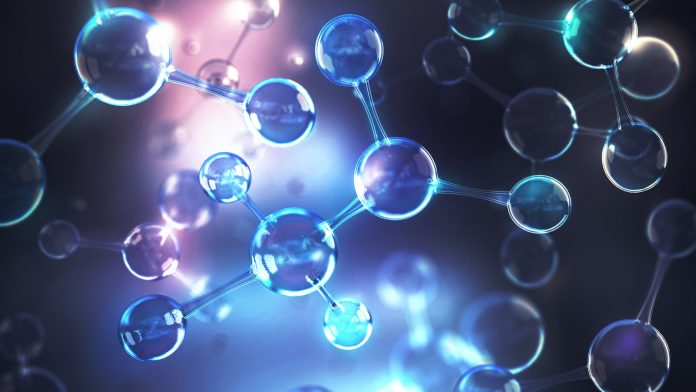A new paper suggests that chemically altered graphene can be used to increase the durability of hydrogen fuel cells for cars.
The paper, published in the journal Nanoscale, outline how scientists produced graphene using a special, scalable technique and developed hydrogen fuel cell catalysts. The research team, involving scientists from Queen Mary University of London and University College London (UCL), UK, showed that this new type of graphene-based catalyst is more durable than commercially available catalysts and matched their performance.
Platinum is a widely used catalyst for hydrogen fuel cells, but its high cost and low durability is a big problem impeding on the commercialisation of this sustainable fuel alternative. Previous research has suggested graphene could be an ideal support material for fuel cells due to its corrosion resistance, high surface area, and high conductivity.
Professor Dan Brett, Professor of Electrochemical Engineering at UCL, said: “Satisfying global energy demands without damaging the environment is one of the great modern challenges. Hydrogen fuel cells can provide cleaner energy and are already used in some cars as an alternative to petrol or diesel. However, a big barrier to their widespread commercialisation is the ability for catalysts to withstand extensive cycling required for their use in energy applications. We’ve shown that by using graphene instead of the typical amorphous carbon as a support material we can create ultra-durable catalysts.”
Increasing the durability of hydrogen fuel cells
The technique described in the study produces high-quality graphene decorated with platinum nanoparticles in a one-pot synthesis. The researchers confirmed the durability of the graphene-based catalyst using a type of test based on those recommended by the US Department of Energy (DoE), known as accelerated stress tests. Accelerated stress tests deliberately stress the catalyst rapidly over many cycles in a short space of time. The results of this test show that loss in activity over the same testing period was around 30 per cent lower in the newly developed graphene-based catalyst, compared with commercial catalysts.
Gyen Ming Angel, PhD student and lead author of the study, from UCL, said: “The DoE sets tests and targets for fuel cell durability, with one accelerated stress test to simulate normal operating conditions and one to simulate the high voltages experienced when starting up and shutting down the fuel cell. Most research studies in the graphene space only evaluate using one of the recommended tests. However, since we have high-quality graphene in our material, we have managed to achieve high durability in both tests and under long testing periods, which is important for the future commercialisation of these materials. We look forward to incorporating our new catalyst into commercial technology and realising the advantages of longer-life fuel cells.”





